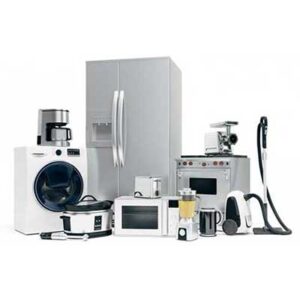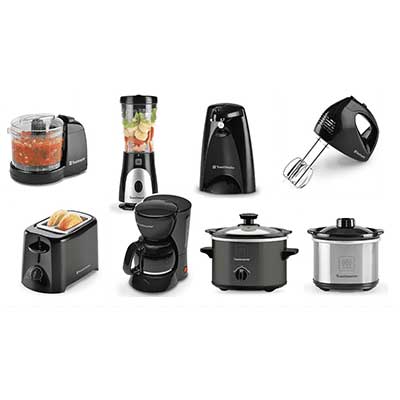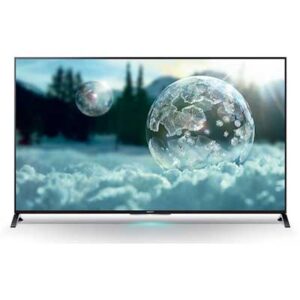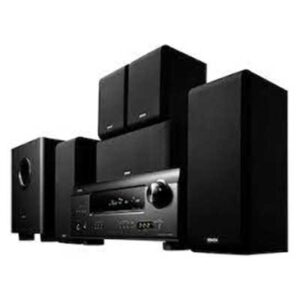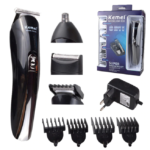Your Essential Guide to Refrigeration: UAE Fridge FAQs Leave a comment
The refrigerator is a necessary item that is present in practically every home. It is essential for maintaining food quality, cooling drinks, and increasing the shelf life of perishable goods. Fridges may, nevertheless, have their peculiarities and complexity, just like any other equipment. This article seeks to answer some of the most commonly asked questions (FAQs) about refrigerators in the United Arab Emirates (UAE) if you live in the country and have concerns about it.
1. What Temperature Should a Refrigerator be set at in the United Arab Emirates?
In the United Arab Emirates, a fridge should be set between 2°C and 4°C. By limiting the development of germs, this line contributes to the preservation of the freshness and security of your food. Food may freeze if the temperature is kept too low, while germs may thrive more quickly at warmer temps.
2. Can I Put my Refrigerator next to the Dishwasher or the Oven?
Ideally, you should keep your refrigerator away from equipment that produce heat, such as ovens and dishwashers. The fridge may have to work harder to maintain its interior temperature since these equipment may increase the temperature outside. To promote optimal air circulation, it is advisable to provide some space between the fridge and other appliances.
3. How Frequently Should my Refrigerator be Defrosted?
The majority of contemporary refrigerators include automated defrosting mechanisms, which do away with the necessity for manual defrosting. In contrast, depending on how much ice has accumulated in an earlier model without this feature, you may need to defrost it every three to four months. A lot of frost may reduce cooling effectiveness and raise energy costs.
4. Is it Okay to Keep Hot Food in the Refrigerator?
In general, it is not advised to place hot food immediately in the refrigerator. Hot food may increase the refrigerator’s interior temperature and interfere with the chilling of other perishables. Before putting hot food in the refrigerator, give it a little chance to chill at room temperature. This will help it cool hot food swiftly and safely.
5. How Can I Make my Refrigerator More Energy-Efficient?
Follow these recommendations to increase your fridge’s energy efficiency:
Ascertain adequate sealing: To guarantee a tight seal, frequently inspect the door gasket. Energy may be wasted if a gasket is loose or cracked, allowing cold air to escape.
a. Maintain cleanliness: To avoid dust accumulation, which might impair the cooling efficiency of the refrigerator, clean the condenser coils at the back or below it at least twice a year.
c. Prevent overloading: Overfilling the refrigerator might prevent the flow of cold air. Give the air room to move and keep the temperature steady.
d. Proper positioning is important to avoid unneeded heat absorption. Keep your refrigerator away from heat sources like radiators and stoves.
6. Why is my Refrigerator Producing Odd Noises?
Different sounds that refrigerators make might either be normal or signify a problem. As the compressor runs, typical noises include buzzing, gurgling, or sporadic clicking. However, it’s best to have a qualified technician examine your fridge for any possible problems if you hear loud or recurring sounds.
How Often Should I Clean the Inside of my Refrigerator?
Maintaining cleanliness and hygienic conditions requires regular cleaning of the inside of your refrigerator. If spills or odours happen, aim to clean it more frequently—every three to four months or as needed. Remove the shelves and drawers from the refrigerator, then wash them with warm water and a little detergent. Prior to putting anything back, properly dry the inside surfaces after wiping them off.
Although these FAQs cover typical questions, the manufacturer may also give special instructions and suggestions for each type of refrigerator. For further information, always refer to your refrigerator’s user handbook.

